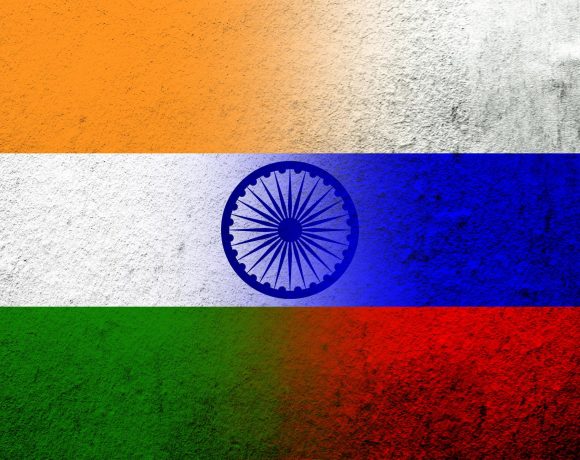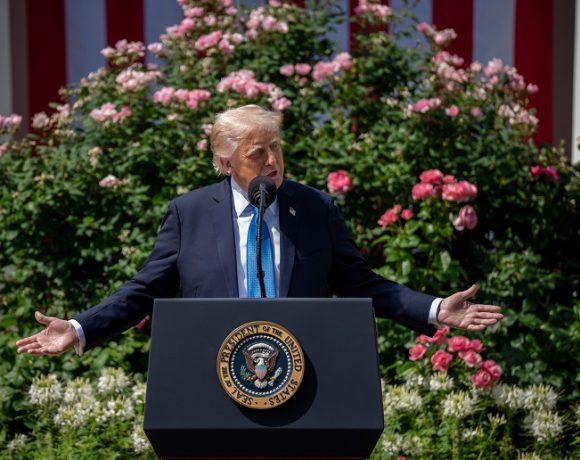
Pakistan’s Artillery Shortage Limits Warfighting to 4 Days
Pakistan’s military preparedness has come under serious scrutiny as it battles a crippling shortage of artillery ammunition, reducing its ability to sustain high-intensity conflict to a mere four days. The revelation comes at a time when tensions with India have spiked, particularly following recent cross-border incidents and terror attacks.
Internal assessments have reportedly raised alarms within the Pakistani military establishment. With ammunition reserves running dangerously low, the country’s conventional warfighting capability stands severely compromised. The army’s dependency on heavy artillery and mechanized units, once considered its strategic advantage, is now turning into a major liability.
Warfighting Capability Under Threat
Pakistan’s military doctrine is built around the principle of rapid mobilization and overwhelming artillery support to counterbalance India’s superior numbers. However, the current situation paints a starkly different picture. Critical shortfalls have been identified in key munitions such as 155mm shells used in M109 howitzers and 122mm rockets used in BM-21 Grad systems. These shortages directly impact Pakistan’s capacity to initiate or repel sustained military offensives.
Military analysts believe that the situation has reached this point due to a combination of outdated production capabilities and poorly timed arms exports. Ammunition previously earmarked for domestic use has reportedly been diverted in recent years to fulfill external commitments, leaving internal reserves dangerously depleted.
Ammunition Crisis Raises Strategic Alarm
The crisis not only undercuts Pakistan’s battlefield readiness but also exposes deeper structural flaws in its defence production infrastructure. The country’s primary ammunition manufacturer is reportedly struggling to meet internal demand, bogged down by obsolete machinery and supply chain constraints.
This situation has prompted high-level consultations within Pakistan’s defence circles about the urgent need to revamp its indigenous production capabilities. A four-day window of operational readiness in a high-intensity war scenario is considered critically insufficient, especially given the volatile geopolitical environment.
Experts argue that unless Pakistan undertakes immediate reforms to boost its domestic manufacturing and stockpiling capacity, it risks strategic paralysis in the event of full-scale conflict. The country’s over-reliance on imported military hardware and munitions has now become a national security liability.
The ammunition shortage starkly contrasts with the nation’s aggressive posturing on the diplomatic and military front. As regional dynamics continue to shift, Pakistan may find itself unable to match rhetoric with real-world capability unless it addresses these internal vulnerabilities swiftly.


















